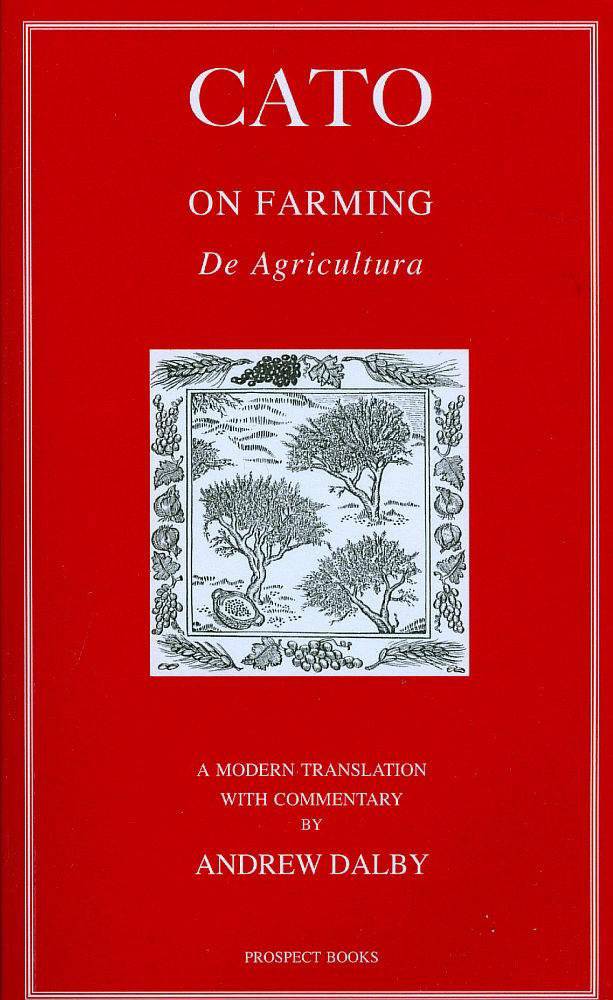
If you're into Roman history or ancient agriculture, this book is a must-read. Cato's advice on everything from burying olive oil amphorae to managing slaves feels like stepping into a time machine. Some parts are shockingly relatable (who knew soil quality debates spanned millennia?), while others—like lead-lined wine presses—make you grateful for modern food safety.
The bilingual Latin-English format is brilliant for language learners, but beware the Kindle edition's chaotic OCR errors. I found myself squinting at paragraphs where Latin suddenly morphed into English mid-sentence. Go for the paperback unless you enjoy archaeological detective work in digital form.
What surprised me most was how practical it feels—Cato writes with the no-nonsense tone of a seasoned farmer swapping tips over wine. His section on resolving slave disputes reads like an ancient HR manual, complete with unsettlingly casual brutality that underscores Rome's social realities.
The footnotes and cultural context sections are goldmines, though I wish they'd included more comparative analysis with modern farming techniques. Reading this while volunteering at a community garden gave me bizarre moments of connection across 2,000 years—turns out we still argue about optimal harvest timing just as fiercely as Cato did.

